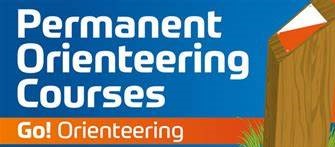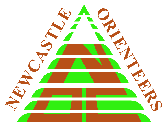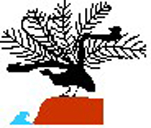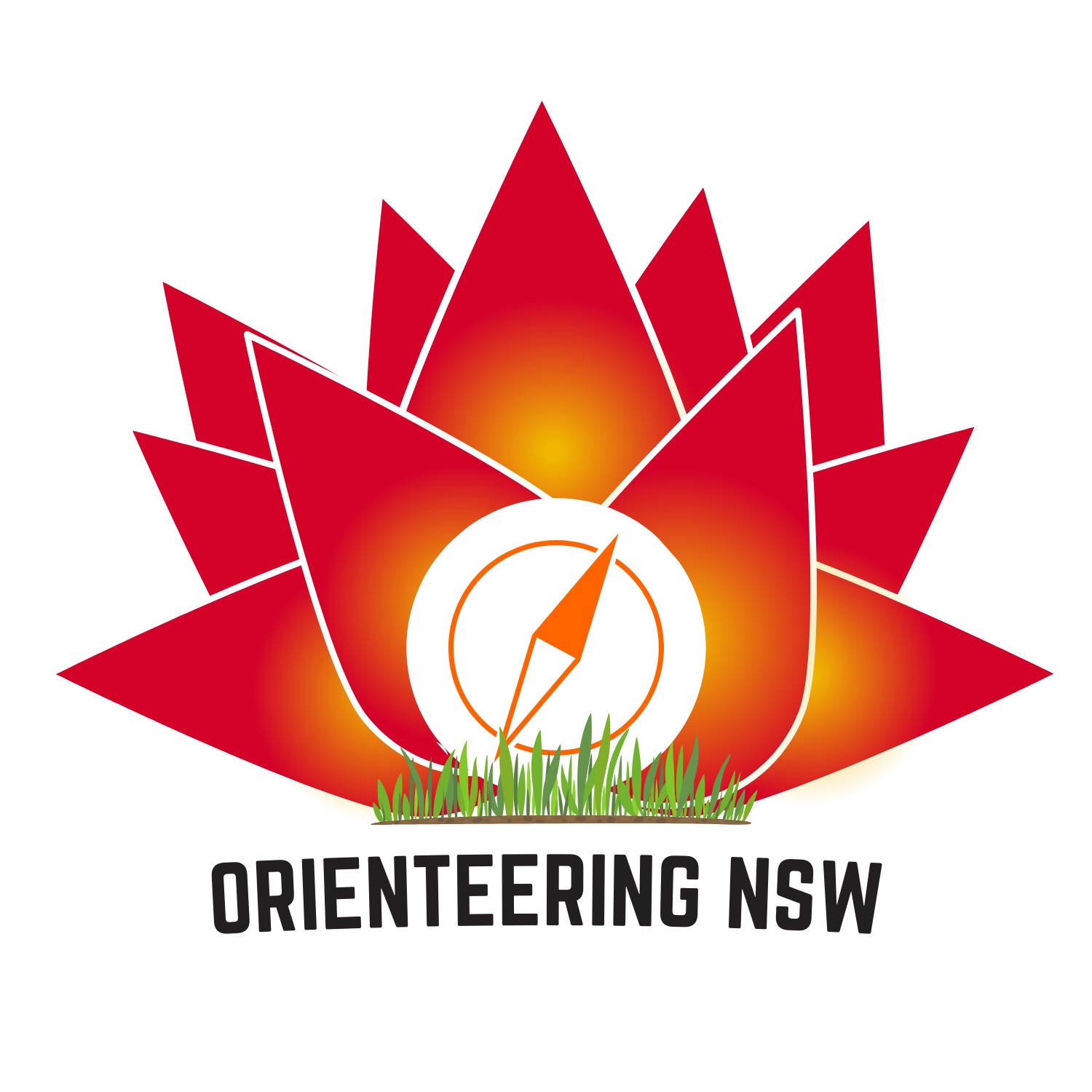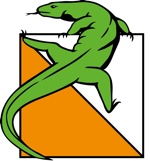Coaching First Time Orienteers
Orienteering is both a simple and a complex sport.
The simple bit: visit a number of checkpoints (called controls in our lingo) as quickly and accurately as you can.
The complex bit: as a participant - understand the map and find those controls. As an organiser - seek an appropriate area for many levels of expertise; consider safety, the navigational challenge and enjoyment of the terrain; creating a map to represent the land, planning of courses and the actual administration and conduct of the event.
But what does the First Timer encounter at an event?
These first impressions can play a major part in whether the First Timer becomes a One Timer.
Coaching an orienteer begins at their very first outing.
How the sport is perceived and how the First Timer feels as they leave the first event will often determine if they return. The newcomer will often notice the variety in ages – one of the great strengths of our sport – which may then indicate a diversity of abilities and experience. Not everyone is an elite athlete; some finishers may walk in; not everyone has a fancy uniform.
The First Timer who goes to a second event will notice that our sport has a very fluid structure – an official one week may be a competitor the next; a course planner becomes a mentor to an aspiring orienteer discussing the course and possible alternate route choices after an event. Involvement in the many facets or the sport enriches the experience of everyone.
Coaching isn't all out on the course.
To have the First Timer return to subsequent events is really the first step in coaching. This is why it is vital that the first experiences at an event are positive, clear, not confusing or confronting and enjoyable – and that should be mirrored out on the course too. Within every Club's organisation some emphasis should be placed on how newcomers are introduced to orienteering. One Club's First Timer Protocol is outlined here. The protocol is based on the scenario of a First Timer at a local or minor event – perhaps a special CATI. Some quirks are that SportIdent isn't mentioned, and that card punching is used. The changes to accommodate SportIdent in the introduction would be easy and would relate to the individual club's procedures. The First Timer Protocol is a guide only and may prove useful to Clubs establishing their own coaching program.
Coaching isn't just for the elites or for youngsters.
A clearly explained introduction to the sport – the administration, the safety procedures, the map, the event – lays a firm foundation for a new orienteer ensuring positive experiences. These then can be built on through staged coaching activities.



